The nation’s highest court is ready to issue its remaining opinions starting today, as the justices work with little time to wrap up several significant cases before the traditional end of their session.
“Roe was egregiously wrong from the start,” Justice Samuel Alito wrote in a leaked draft opinion that stunned the legal system in February.
The memo was surprising not just in its release — the Supreme Court is notoriously tight-lipped — but in the scale of its ruling.
The case before the court, Dobbs v. Jackson Women’s Health Organization, deals with a Mississippi state law setting a 15-week abortion ban, but attorney’s arguing the case have said that Roe v. Wade, the 1973 case legalizing abortion nationally, should be overturned entirely.
The court appears prepared to comply, it seems, after Chief Justice John Roberts confirmed the authenticity of the leaked draft. If they do, about half the country will see abortion made illegal.
Roe’s removal from legal precedent would likely have little impact in Massachusetts, according to the Center for Reproductive Rights.
“Abortion will remain legal in Massachusetts. The Massachusetts Supreme Court has recognized the right to abortion under the state’s constitution, and in 2021 Massachusetts passed comprehensive abortion rights legislation,” the group said following the leaked draft.
The court has scheduled two remaining decision days, according to their published calendar just Tuesday and Thursday, and Roberts has traditionally tried to wrap the court’s business before the end of June. There are currently, including Dobbs, 18 cases pending a published decision. The court does not say in advance which decisions they will release when.
Another case before the court, New York State Rifle & Pistol Association v. Bruen, stems from two men challenging the gun licensing laws in that state. It is the first Second Amendment matter considered by the court in a decade.
That case could have a direct impact in Massachusetts, which structures the issuance of firearms permits in a manner similar to New York, on a “may issue” basis.
During November arguments, the court’s conservative majority seemed to indicate they would side with the plaintiffs, with Alito noting a night shift worker in New York City may be fearful of their evening commute, but still not able to demonstrate the “proper cause” for carrying.
“How is that consistent with the core right to self-defense, which is protected by the Second Amendment?” he asked.
The court, in April, heard arguments regarding Kennedy v. Bremerton School District, a case dealing with the expression of religion at public schools.
In that case, a Washington high school football coach was fired for his practice of leading the team in a post game prayer, with school officials saying it violated the court’s decision in Lee v. Weisman prohibiting school prayer.
That case, if decided in favor of the coach, could see a weakening of restrictions on religious practice in schools specifically outlawed by Lee.
West Virginia v. Environmental Protection Agency, a case regarding the government’s ability to restrict carbon emission, is also due for decision. If decided for the plaintiffs it would restrict the EPA’s authority to limit tailpipe emissions or force electric companies to move to renewables and away from fossil fuels.
It would also remove the federal government’s ability to consider the economic impacts associated with climate change when approving new pipelines or new environmental rules.
©2022 MediaNews Group, Inc. Visit at bostonherald.com. Distributed by Tribune Content Agency, LLC.
—-
This content is published through a licensing agreement with Acquire Media using its NewsEdge technology.



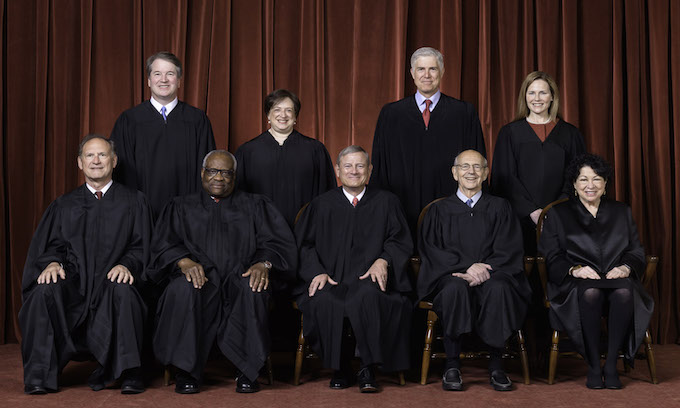
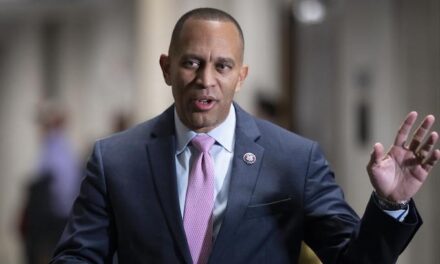
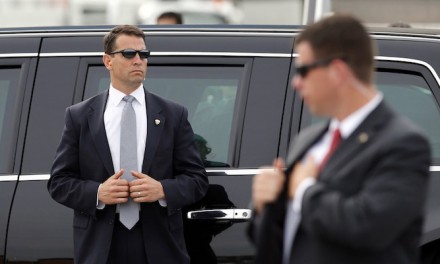
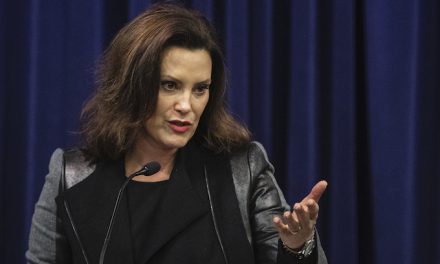
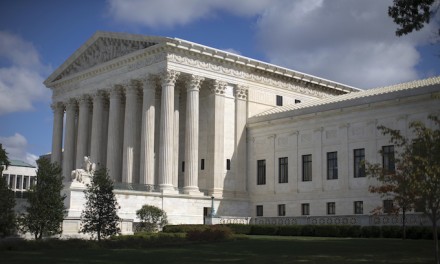











I am keeping my fingers crossed….
These foaming at the mouth liberal Democrats Devils are acting as if the real secret leak they found out was the Jesus Christ was about to return to earth again in the form of a baby. When given the choice between law breakers and law givers, they just keep on picking Barabbas.